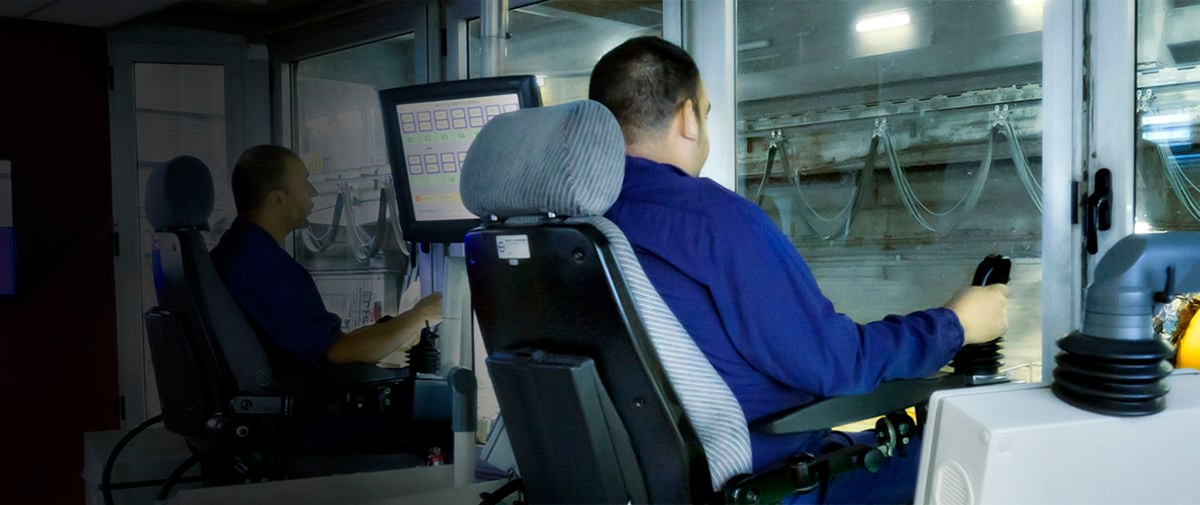

Smarter, Safer , Sustainable
Modern waste-to-energy (WTE) power plants are ambitious and complex facilities, their size and output capacity growing rapidly, with a high demand for customization and automation. To be able to quickly adapt in this fast-changing environment, you need world-class experts who can help simplify the situation and guide you towards optimum solutions, not only for today but the future as well.
Our cranes are designed to provide you with full control, performance and flexibility, whether you choose manual, semi-automated or fully automated functioning. With 80 years of Konecranes’ industry-leading expertise and experience to draw on, we have been at the forefront of crane automation in WTE since 1972, with equipment in successful plants operating around the world, in places as diverse as the United States, Canada, Europe, China and South East Asia.


Maximize performance with full automation
Automated cranes can help make modern WTE facilities safer, more viable and profitable. In plants that operate two or three shifts 24 hours a day, full automation on just one of those shifts could generate enough savings to significantly improve other areas of the plant.
With full automation, a pulpit chair is no longer necessary. Removing the pulpit room improves flexibility. When manual mode is required for maintenance or troubleshooting, the operator can be in the area that is most convenient, allowing interaction and task sharing with a pit manager or furnace operator. The result is a versatile, efficient workforce that can quickly respond to changing conditions and significantly reduce operating costs.


Automatic and Reliable
Unmanned full automation for WTE plant
All major processes in a WTE plant can be automated, from receiving the waste in trucks and placing it in storage, recasting as it is sorted, to mixing it together to prepare it for feeding into the hopper.
Unmanned full automation for biomass plant
The CXT biomass crane is a fully automated, completely operator-free system. The crane takes care of fuel material management all by itself.
Automatic cycles
The receiving cycle is used for moving biomass from the dumping area to the storage area. Trucks usually unload during standard working hours. The crane picks up biomass from the dumping area and drops it into the storage area or directly into the hopper. It then clears the dumping area until the dumping bunker is empty.
The feeding cycle is used to feed the hopper. This process is the highest-priority operation in the plant, running continuously, 7 days a week. The pickup area can be the storage bunker or the dumping area.


Benefits
- Highest lifecycle value for equipment
- Reduces risk of crane failure
- Improved safety of equipment, loads and personnel
- Larger volume of throughput
- More reliable and predictable processes
- Reduces operating costs
- Reduces operator fatigue
- Safer, faster load handling
Strength of experience
In waste-to-energy facilities that operate 24 hours a day with two to three shifts, running in full automation for even one of those shifts may generate enough savings to significantly improve other areas of the plant. Reducing operating costs helps keep plants viable, and automation is a proven and effective avenue.
